A Life of Music, Activism, and Cultural Legacy
In the tapestry of Latin music, few names shine as brightly as Rubén Blades. Born on July 16, 1948, in Panama City, Panama, Blades is a multifaceted artist whose impact extends far beyond the realms of salsa and music. This biography delves into the extraordinary life and career of Rubén Blades, exploring his journey from the streets of Panama to global stages, his roles as a singer, songwriter, actor, politician, and his enduring legacy as a cultural icon.
Early Life and Musical Genesis:
Rubén Blades Bellido de Luna was born into a family that cherished both music and education. His mother, Anoland, was a Cuban musician, and his father, Rubén Blades Sr., was a police detective. Growing up in the culturally rich neighborhood of San Felipe, young Rubén was exposed to a diverse array of influences, from Afro-Caribbean rhythms to the sounds of Latin jazz.
Blades showed an early aptitude for both academics and music. He pursued law studies at the University of Panama and later attended Harvard Law School, where he earned a master’s degree in international law. Throughout his academic journey, however, music was a constant companion, and Blades found solace and expression in the art of songwriting.
The Fania Era and Salsa Revolution:
In the early 1970s, Rubén Blades became a pivotal figure in the salsa movement that was sweeping through the streets of New York. His partnership with the renowned Fania All-Stars, a group of salsa luminaries, marked the beginning of a musical revolution. Blades’ socially conscious lyrics, combined with his soulful voice, set him apart from the traditional salsa mold, earning him the nickname “El Poeta de la Salsa” (The Salsa Poet).
The album “Siembra,” a collaboration with Willie Colón released in 1978, became one of the best-selling salsa albums of all time. Tracks like “Plástico” and “Pedro Navaja” showcased Blades’ ability to infuse salsa with narrative storytelling, elevating the genre to new heights. The salsa revolution was not just about dance; it became a platform for social commentary and cultural expression.
Acting and Film Career:
Rubén Blades’ artistic pursuits expanded beyond the realm of music. In the 1980s, he ventured into acting, showcasing his versatility and talent on both stage and screen. His breakout role came in the 1982 film “The Last Fight” (La última pelea), where he played the lead role of Héctor Lavoe, another iconic figure in the world of salsa. Blades’ portrayal of Lavoe earned critical acclaim and marked the beginning of a successful acting career.
He went on to star in films like “Crossover Dreams” (1985) and “The Milagro Beanfield War” (1988). His performances were characterized by a depth and authenticity that resonated with audiences, and Blades became a respected figure in the world of cinema.
Political Activism and Public Service:
In addition to his contributions to the arts, Rubén Blades found a calling in political activism and public service. His commitment to social justice and community development led him to engage in various political roles. In the late 1990s, Blades served as Panama’s Minister of Tourism, aiming to promote cultural heritage and sustainable tourism.
Later, in 2004, he ran for the presidency of Panama as an independent candidate. Although unsuccessful in his bid, Blades’ political venture demonstrated his dedication to bringing about positive change in his homeland. His experiences in politics further fueled his passion for addressing social issues through both his art and public service.
Return to Music and Collaborations:
After a hiatus from music during his political endeavors, Rubén Blades returned to the recording studio with the release of “Tangos” in 2014. The album showcased his mastery of diverse musical genres, as he explored the passion and rhythm of Argentine tango. Blades’ ability to seamlessly transition between musical styles reinforced his status as a versatile and boundary-breaking artist.
Throughout his career, Blades collaborated with a myriad of artists, transcending cultural and linguistic boundaries. His partnerships with musicians such as Sting, Calle 13, and Editus reinforced his commitment to artistic exploration and cultural exchange. Blades’ work became a testament to the idea that music could serve as a universal language, uniting people from different backgrounds.
Cultural Legacy and Recognition:
Rubén Blades’ influence extends beyond the realm of music and politics; he is a cultural icon whose impact reverberates globally. His induction into the Latin Songwriters Hall of Fame, along with multiple Grammy Awards, Latin Grammy Awards, and a Grammy Lifetime Achievement Award, attests to the profound mark he has left on the world of music.
Blades’ contributions to salsa and Latin music, marked by his innovative approach to songwriting and storytelling, have inspired generations of musicians. His legacy is also deeply intertwined with his commitment to social justice, cultural preservation, and political engagement, making him a revered figure not only in the entertainment industry but also in the broader spectrum of public life.
Conclusion:
Rubén Blades, the salsa poet, actor, politician, and cultural ambassador, has crafted a legacy that transcends the boundaries of artistic expression. From the infectious rhythms of salsa that echoed through the streets of New York to the poignant storytelling that characterized his acting career, Blades’ journey has been one of constant evolution and exploration.
As a Renaissance man of Panama, Rubén Blades continues to inspire with his music, acting, and unwavering commitment to social causes. His life story is a testament to the transformative power of art, the ability of music to bridge cultural divides, and the impact one individual can have in shaping the cultural narrative of a nation and beyond. Rubén Blades stands as a living testament to the idea that true artistry knows no bounds – it is a force that can change hearts, minds, and societies.


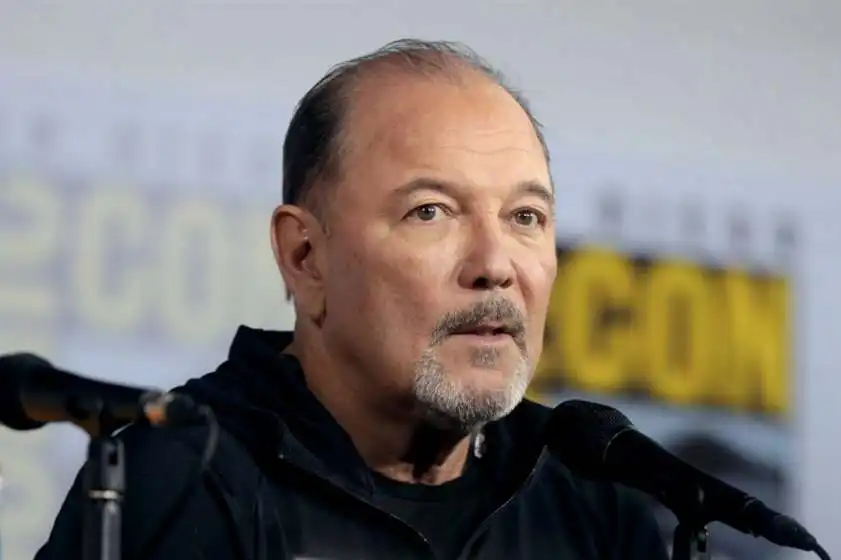
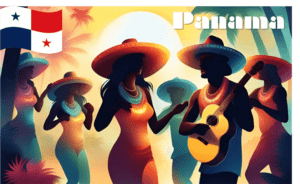
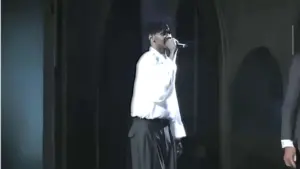

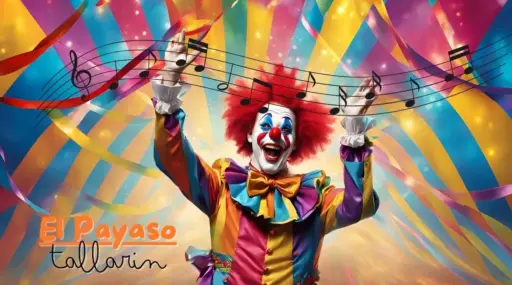



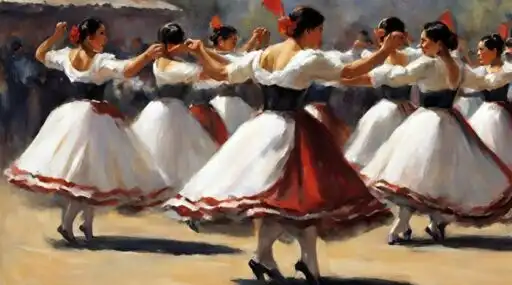

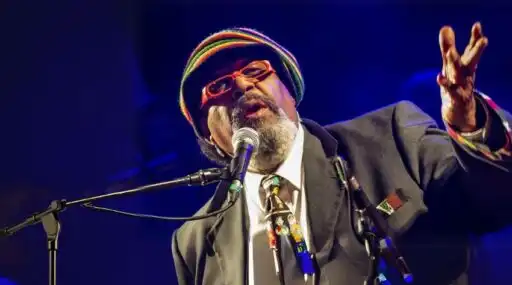

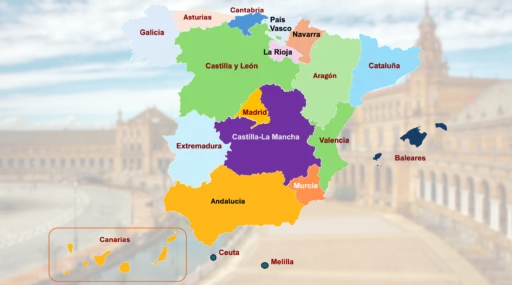

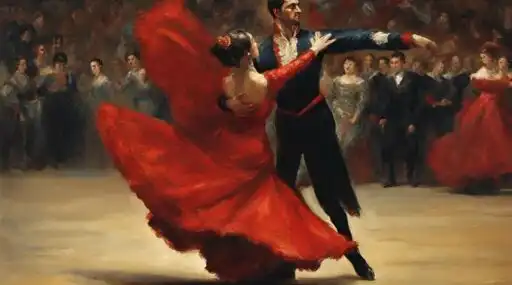
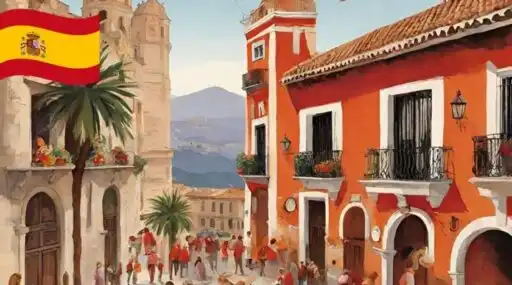

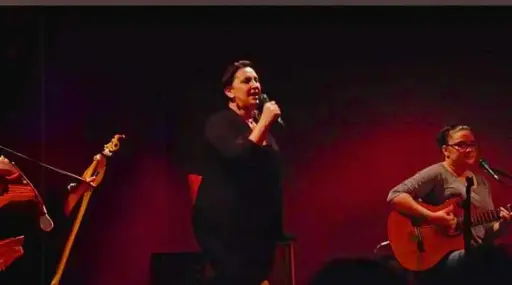

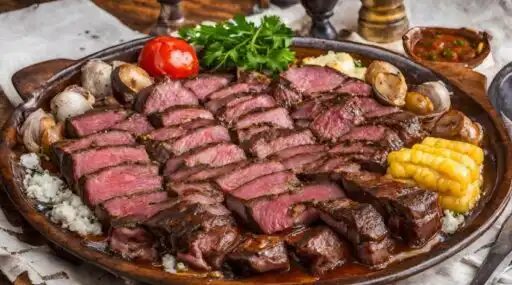

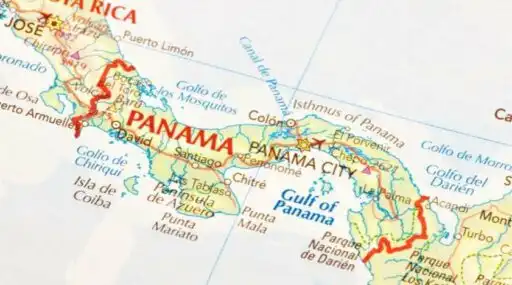
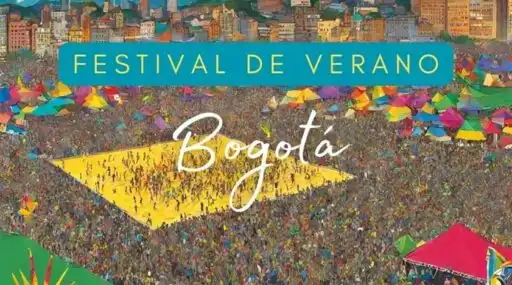

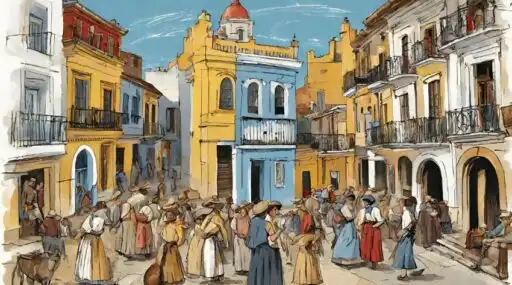

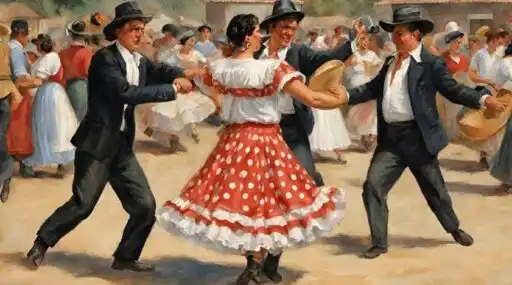


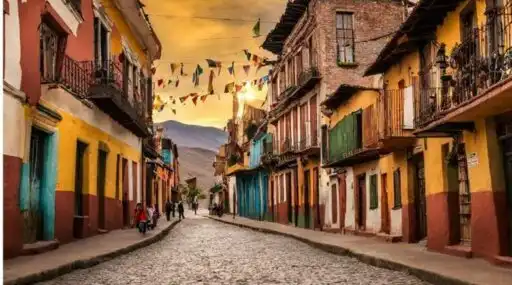
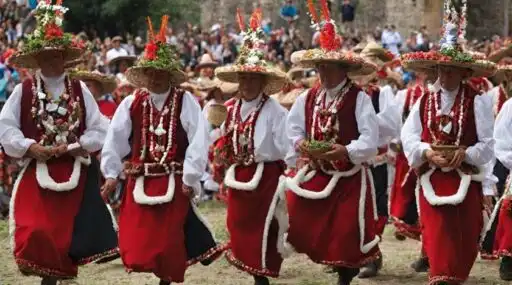
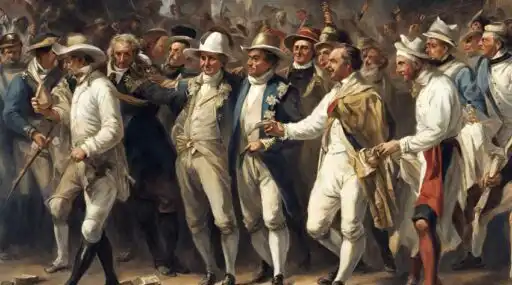
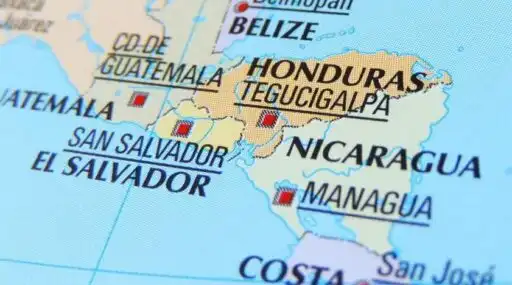
Leave a Reply